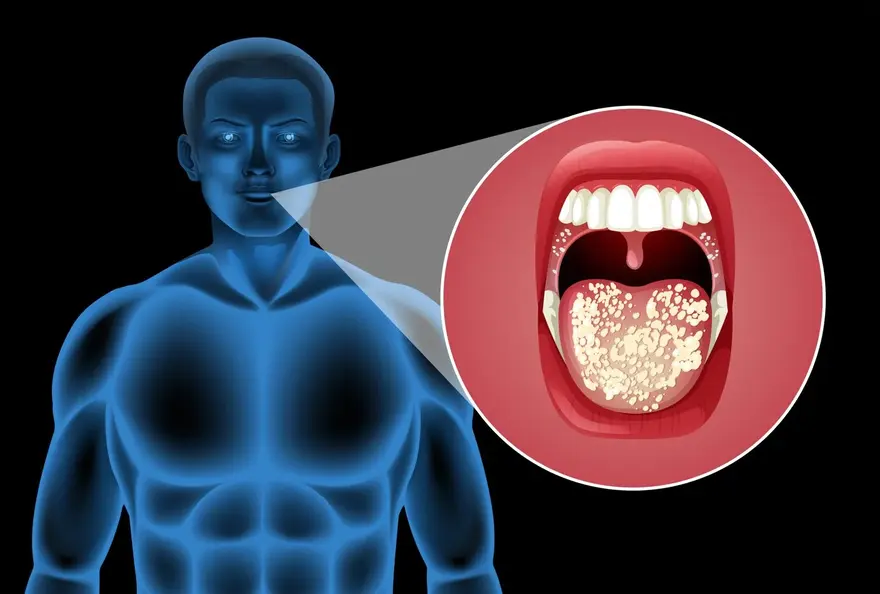Disease
How lack of sleep affects your heart
2093 Views
0

1. Increased heart rate
People who are sleep-deprived show less variability in their heart rate, meaning that instead of fluctuating normally, the heart rate usually stays elevated. Lack of sleep can increase insulin resistance, a risk factor for the development of type 2 diabetes and heart disease.
Shortened sleep can increase CRP, or C-reactive protein, which is released with stress and inflammation. “If your CRP is high, it’s a risk factor for cardiovascular and heart disease,” says Zee. Shortened sleep also interferes with appetite regulation. “So you may end up eating more or eating foods that are less healthy for your heart,” Zee says.
2. Salt retention
Lack of sleep makes your heart work harder. When you sleep, your body goes into a lower blood pressure mode. But too little time in this low-key state can eventually lead to high blood pressure. And salt retention, a well-known contributor to high blood pressure, may increase with sleep deprivation.
3. Salt retention
Having too much stress, for too long, is bad for your heart. If you’re often stressed, and you don’t have good ways to manage it, you are more likely to have heart disease, high blood pressure, chest pain, or irregular heartbeats. The stress itself can be a problem. It raises your blood pressure, and it’s not good for your body to constantly be exposed to stress hormones. Studies also link stress to changes in the way blood clots, which makes a heart attack more likely.
The way you handle stress also matters. If you respond to it in unhealthy ways — such as smoking, overeating, or not exercising — that makes matters worse. On the other hand, if you exercise, connect with people, and find meaning despite the stress, that makes a difference in your emotions and in your body.























 WhatsApp
WhatsApp